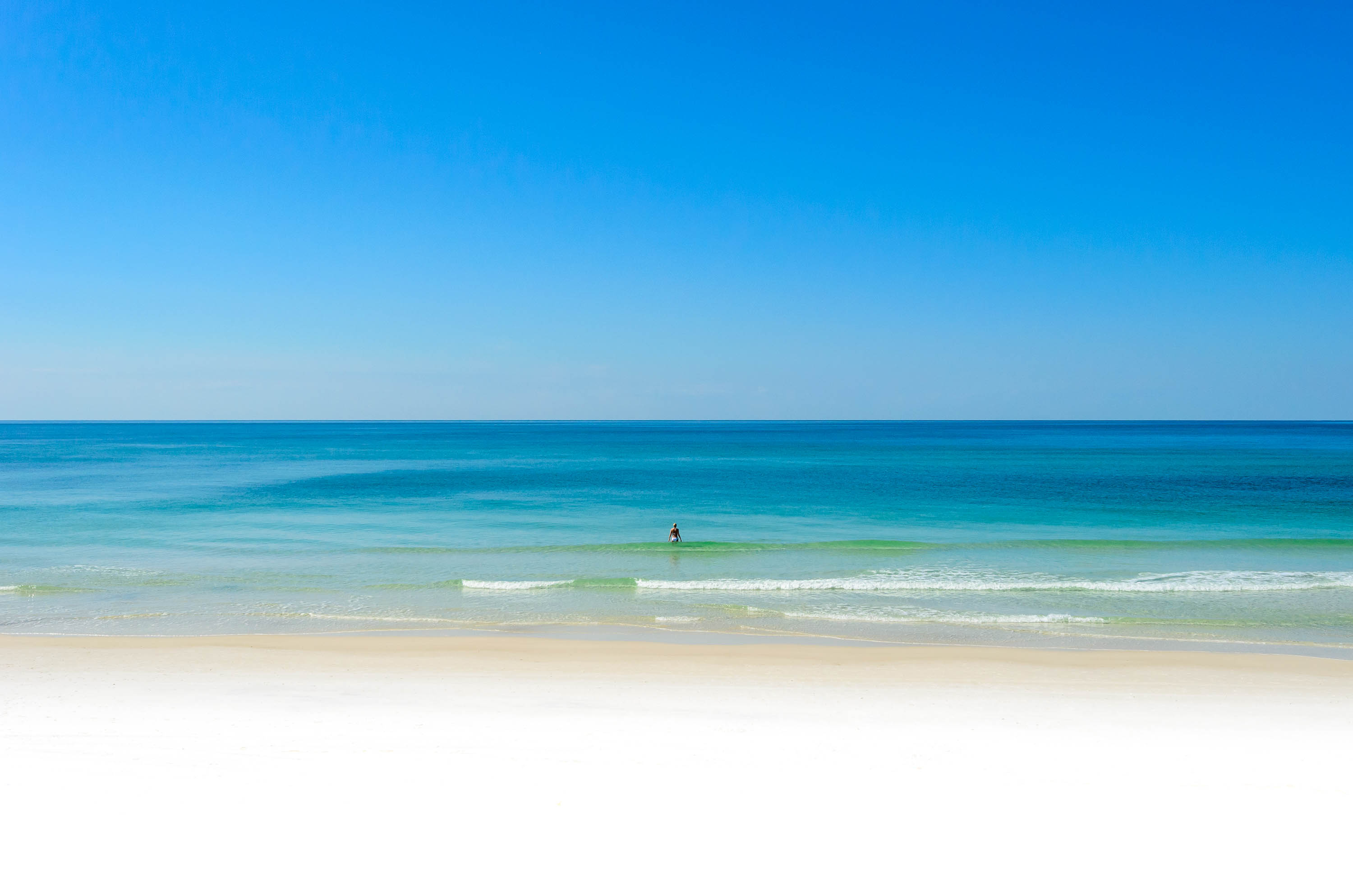More than anything else, negativity is hurting the RE market. Sure there's some truth in what we're hearing in the media. The markets, especially the coasts, was getting frothy from speculation. But there is a point where its just piling on and making the problem bigger than it is. A potential buyer is probably going to ruminate over what he's just heard or read. Even if he doesn't totally buy into the bubble, he's going to believe that a lot of other people are going to buy the bubble and he's not going to want to jump in when "everybody" else is jumping out. Why not be a vulture and swoop in when the multitudes are fleeing?
I believe that all this shall pass when the media has something else more important to start talking about. (Like remember when Chandra Levy and Gary Condit was the most important thing in the universe until 9/11?) A couple seasons without a major hurricane and more positive news like we heard today from the Fed will make all the difference in the world. The beach dream is not going away. In the end, prices will resume their growth - all its going to take is positivity replacing negativity - because the beach is still the beach and most people want a piece of it. PCB might look like its swimming in condos now, but 10 years down the road when tourists are flying in from Europe to buy them, they'll be hot commodities again - hotter than they were last spring, because the pool of buyers will be much, much higher and the water will be gone.
And isn't there a risk in waiting - even if prices were to dip? Suppose that interest rates did rise rather dramatically? Assuming that one was financing the dream and planning on actually using it, couldn't any savings from price reductions be cancelled out (and maybe then some) by dramatically higher interest rates? I wouldn't blame anybody for being prudent in today's environment, but prudence could turn into folly if nothing ever looks "worth it" until everybody else thinks so.
Time passes quickly and very few things, outside of some mass produced consumer goods, get cheaper over the long haul.

 I "know" nobody here -- well, over a year ago I got a nice neighborly phone call from someoone that I found out later is a regular poster here -- but hang out here enough and the personalities become pretty clear. I agree this is a great place for real estate info, hurricane freak-out sessions and general info about SoWal. In the lounge, people are silly and funny, and many of the regulars have met each other. There are a few people I plan to look up next time I am up there.
I "know" nobody here -- well, over a year ago I got a nice neighborly phone call from someoone that I found out later is a regular poster here -- but hang out here enough and the personalities become pretty clear. I agree this is a great place for real estate info, hurricane freak-out sessions and general info about SoWal. In the lounge, people are silly and funny, and many of the regulars have met each other. There are a few people I plan to look up next time I am up there. 











